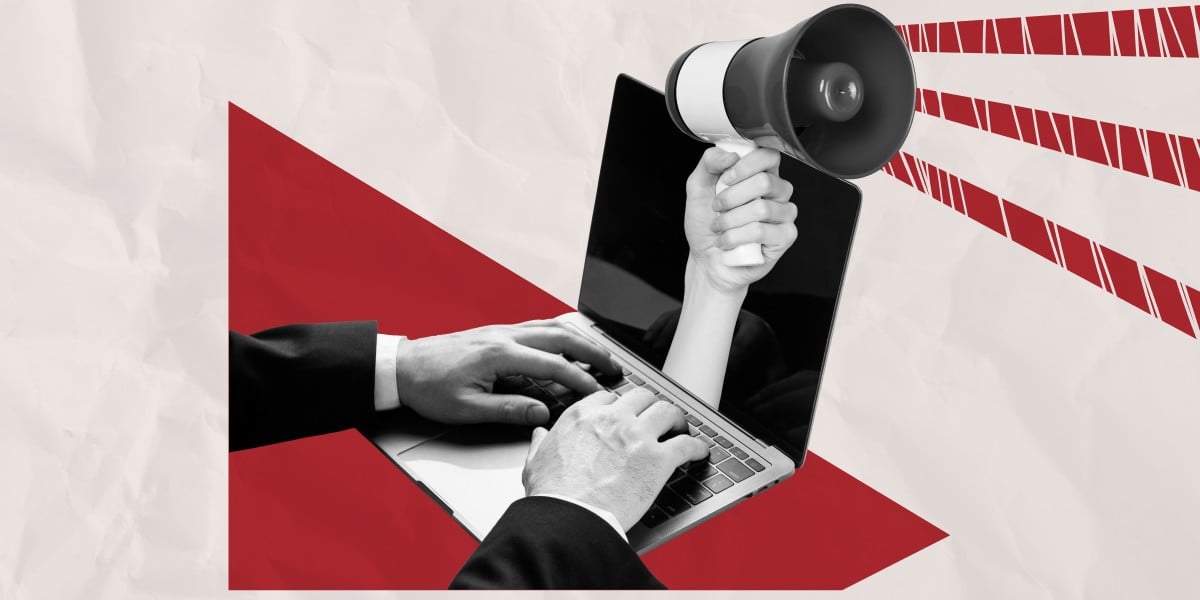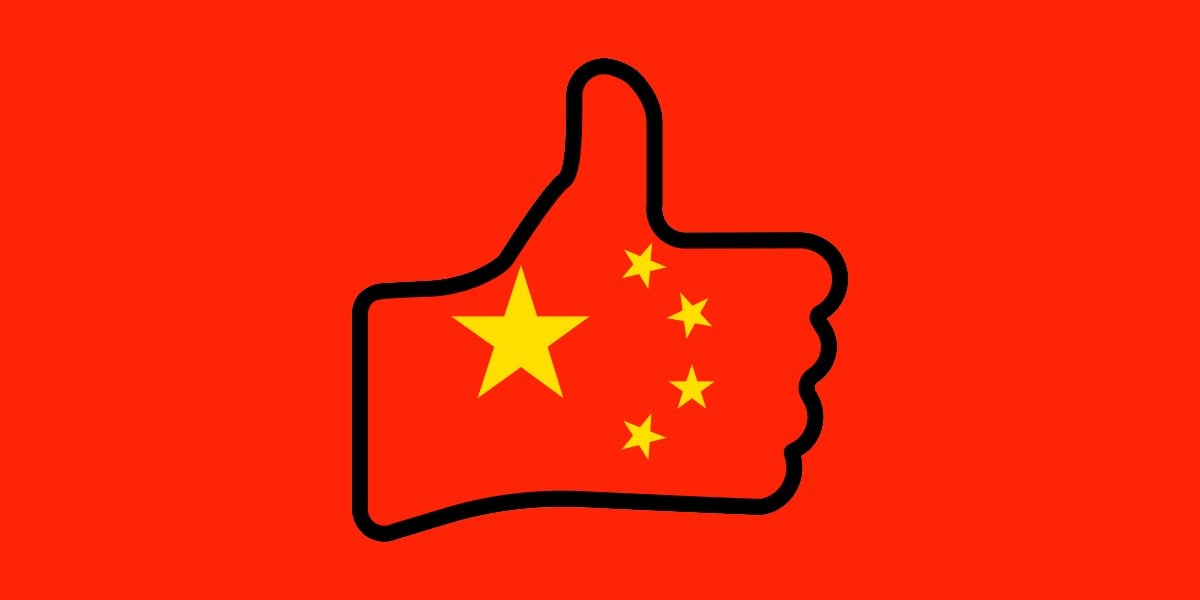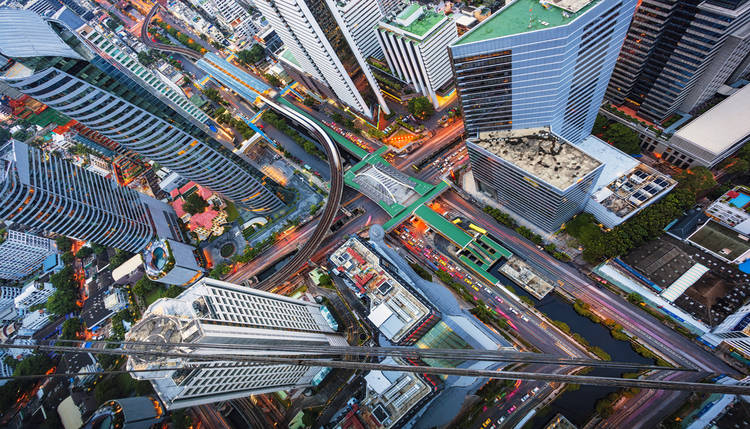BOOK THIS SPACE FOR AD
ARTICLE ADThe National Football League and all 32 of its teams will use tech from facial recognition software vendor Wicket to verify the identity of thousands of staff, media and fans as part of its credentialing program.
Wicket chief operating officer Jeff Boehm touted the "big news" in a LinkedIn post:
"After a pilot last season, all 32 teams (starting with the New England Patriots!) will be using Wicket to streamline and secure the credentialing program," Boehm wrote. "This will ensure that properly credentialed media, officials, staff, and guests can easily and safely access restricted areas, including the playing field, press box, or locker rooms."
The system is slated to go live for all NFL teams during preseason, which kicks off August 8.
It works like this: credential holders snap a selfie, Wicket scans the resulting image and compares it to a photo on file to verify their identity as people pass a security checkpoint. Credentialing software provided by UK outfit Accredit Solutions helps to make those checks and determine access rights.
If identity checks are passed, the credential holder can walk through security checkpoints and access restricted areas based on their permissions.
"One of the biggest things is accountability," Billy Langenstein, senior director of security services for the NFL, told Sports Business Journal. "[The league and the teams] know every single person who is being credentialed to work an NFL game, who they are, and the access levels they should have to do their job."
The new NFL credentialing program follows a six-stadium pilot program in 2023.
The Cleveland Browns was one of the teams to participate in the 2023 pilot, using the face scanning software at its stadium and practice facilities, according to the Wicket website. Three years earlier, it worked with the tech firm on a "touchless ticketing solution" – essentially face scanning to allow ticket holders entry to its stadium without removing their masks during the COVID-19 pandemic.
Last year, the franchise also offered spectators the chance to scan a ticket as they entered the ground, which then enabled pre-registered facial biometrics and credit card details to be used at an "Express Beer" lane that allowed acquisition of suds without having do anything more than grin in the right direction.
Meta to cough up $1.4B to end fight over 'unlawful' facial recognition of friends School gets an F for using facial recognition on kids in canteen Can I phone a friend? How cops circumvent face recognition bans Cybercriminals are stealing iOS users' face scans to break into mobile banking accountsOther major league sports, including the National Basketball Association, Major League Baseball, Major League Soccer and National Hockey League, also use Wicket's software.
And while Wicket and the sports teams praise the technology's cost savings and speed with which it grants access to fans and employees, data privacy advocates have long warned that these types of mass surveillance measures at major sporting events will have a chilling effect on the "right to privacy and right to participate in sporting life."
As Adam Schwartz, privacy litigation director at Electronic Frontier Foundation, told The Register: "Face recognition is a dangerous technology that routinely results in false accusations, mass surveillance, and racially disparate impact. Sports stadiums should not be using this technology absent strict safeguards, including: no use of [facial recognition technology] FRT on patrons absent their opt-in consent, with a clear and convenient alternative method of entry and payment; prompt deletion of collected footage; and no sharing footage with law enforcement absent a warrant. Given the even higher dangers of FRT in the hands of government, publicly owned stadiums shouldn't be using this technology at all."
Boehm, in response to comments on his LinkedIn post, noted that Wicket's data security and privacy policy requires users to opt in – and thus avoid running afoul of any privacy regulations.
The NFL did not respond to The Register's questions about the face scanning credentialing program or privacy concerns surrounding the technology. We will update this story if we receive a response. ®
.png)
 3 months ago
39
3 months ago
39 














 Bengali (Bangladesh) ·
Bengali (Bangladesh) ·  English (United States) ·
English (United States) ·